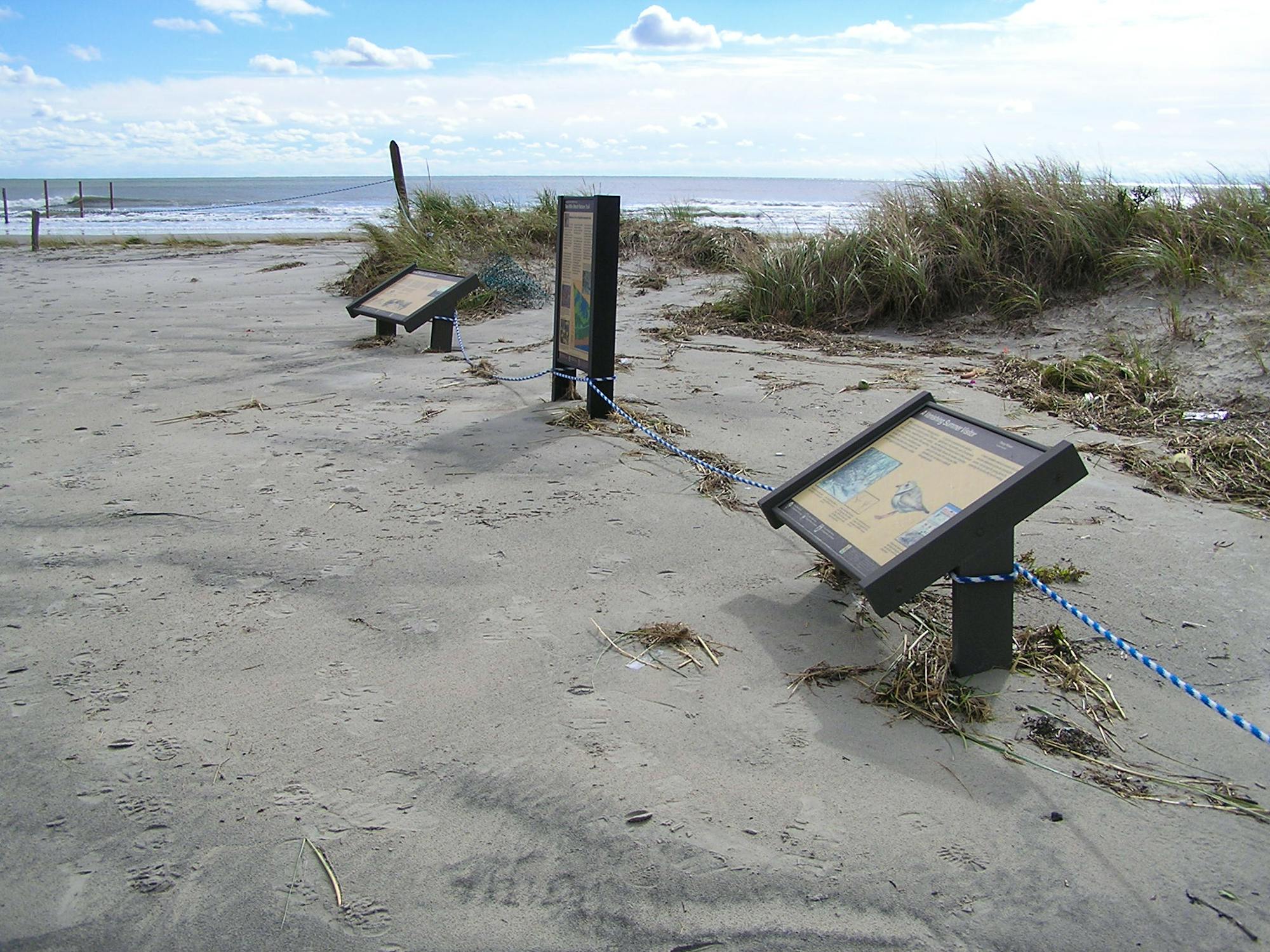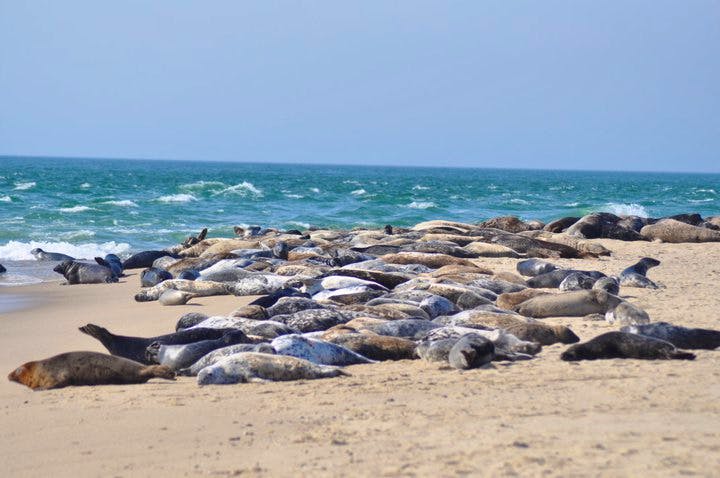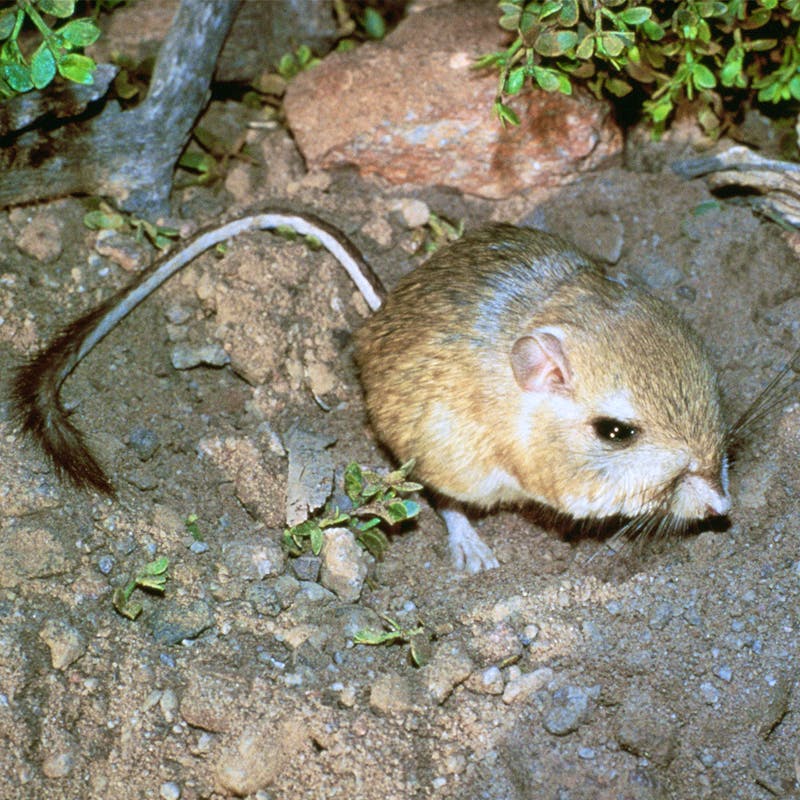When you think of your favorite beach, what do you see? Maybe it’s a picture of a lifeguard and umbrellas as far as the eye can see. You might fondly remember family traditions. You might have a framed photo of a favorite sunset. Summer is a time when families all over the country flock to the beach in search of sun, sand, surf and fun.
National Beach Day is August 30th, and wildlife is also congregating on the coasts. Migratory birds, like black skimmers, least terns and plovers, sea turtles, horseshoe crabs, dolphins frolicking in the surf, ospreys, sea otters and whales all enjoy the beach like we do. If you are headed to a beach this Labor Day weekend, take some time to appreciate the natural world that surrounds you.
Coasts and beaches are facing a barrage of threats, including climate change-related impacts that are decimating coasts around the country. Storms rip through barrier islands, destroying important nesting grounds for sea turtles, habitat for beach mice and foraging areas for migratory shorebirds, as well as human lives and communities. Intense pollution from agricultural areas, cities and mining and coal ash plants is running down river systems, creating dead zones and spreading disease. Millions of tons of plastic pollution are washing up on uninhabited beaches and clogging our oceans, drowning and choking marine mammals and breaking down into microplastics so fine that they are showing up in the tissue of fish and in zooplankton. Offshore drilling threatens cetaceans with seismic testing and the risk of an oil spill is omnipresent. As we saw with Exxon Valdez and Deepwater Horizon, it’s not a matter of if, but when, another spill will occur. When oil spills, no wildlife or habitat is spared, and the effects continue to be felt decades later.



In the spring of 2018, Defenders’ board members met on the coast of the Carolinas. Eager to showcase our work in the Southeast region, we discussed at length the Red Wolf recovery program, panther corridors, aquatic health and coastal protection. Offshore drilling is a concern of all coastal states, and the Carolinas are no different. Overwhelmingly, the benefits of having a clean, wildlife- and visitor-friendly coast with healthy barrier islands outweigh the benefits of oil exploration and extraction. With members of board, I toured Bull Island on Cape Romain National Wildlife Refuge. We were treated to dolphins, shorebirds, alligators and beautiful weather for exploring some of the most unique and biologically diverse wetland and upland ecosystems.









In our field offices and in the national and international arenas, Defenders fights every day to ensure the survival of iconic marine species. Just this week, I’m encouraged by the world’s support for a proposal Defenders advocated for at the Convention on International Trade in Endangered Species of Flora and Fauna in Geneva that afforded protections to mako sharks, wedgefishes and guitarfishes. By protecting marine and coastal habitats, we can further protect the species that delight us on our trips to the beach. Our Orcas Love Raingardens program, launched in 2017, promotes raingardens at public schools and parks for stormwater mitigation and allows students to connect actions on land with the health of the Salish Sea and the southern resident orca population. These charismatic whales cannot survive and thrive without healthy and vibrant ecosystems.


My trip to the Carolinas reinvigorated my commitment to protecting our shores. Even if you don’t live near the ocean, you know the damaging effects of climate change to our shorelines. Coastal protection relies heavily on the interaction between the land and the sea – from weather patterns to sea level, and all the actions we take while living inland. Individual actions can make a difference for all of our wildlife, and on this National Beach Day, especially for our coastal wildlife. Paying attention to marked off shorebird and turtle nests will protect them from disturbance. Turning off the lights of your beach house will allow the moon to guide sea turtles back to the sea. Obey all posted signs, keep off the dunes, give wildlife their space and don’t feed wildlife, pick up trash, and be a good citizen of Mother Earth. We all have an important role to play to protect her. The future is up to us!
- Jamie










